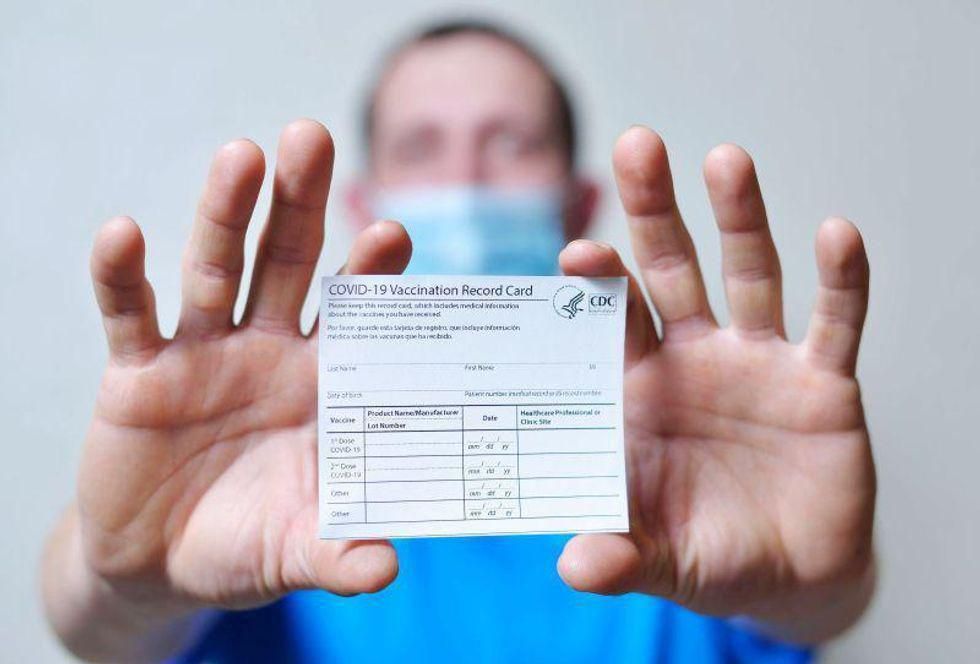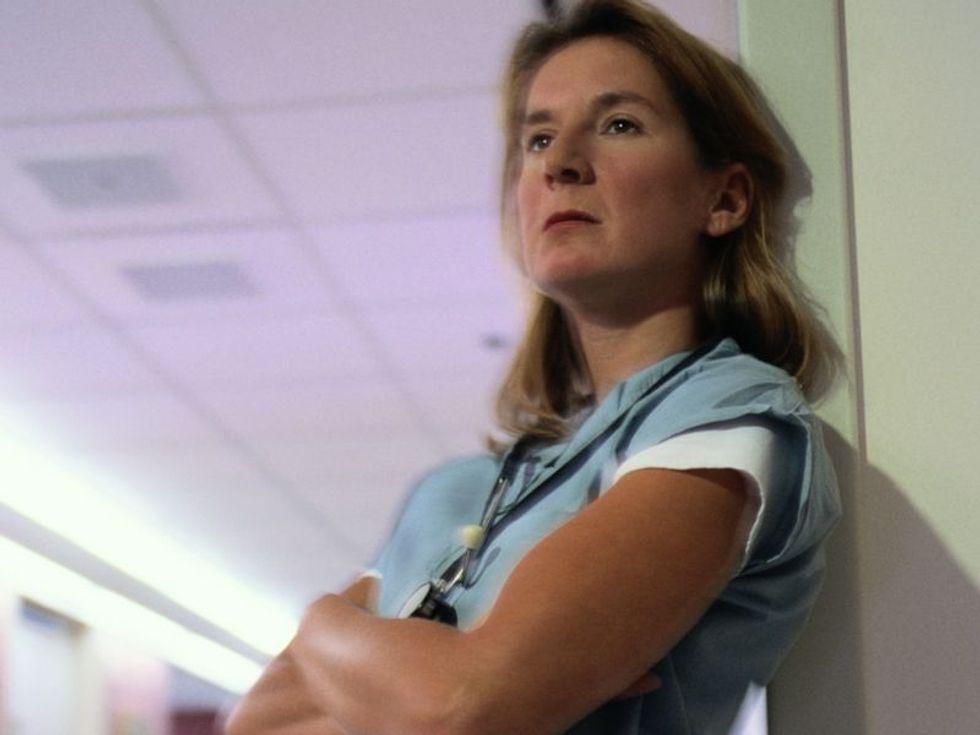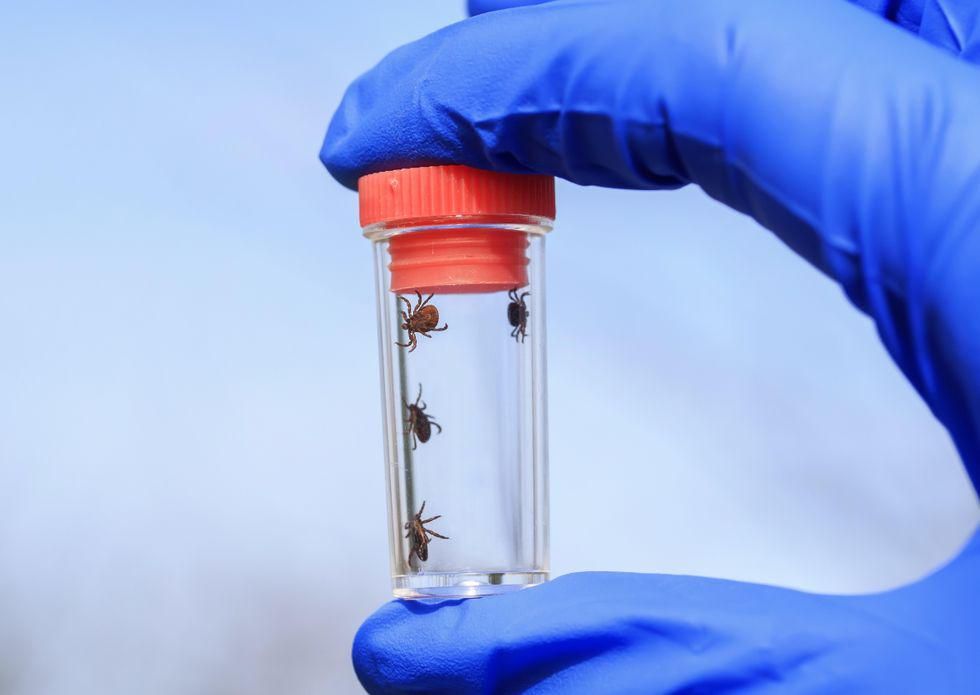
FRIDAY, Oct. 15, 2021 (American Heart Association News) — Mandy Marquardt spends her days training and racing furiously around a velodrome. She’s a track sprint cyclist, and by age 16, she already was winning medals in junior events when a routine checkup revealed high blood glucose. Follow-up tests discovered Type 1 diabetes. The diagnosis prompted… read on > read on >


















